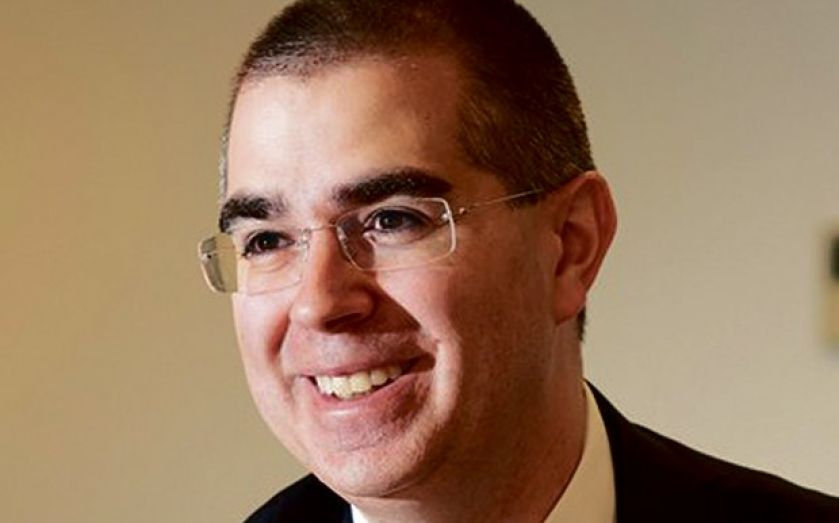Quindell bids to reassure investors

Quindell, the Aim-listed insurance firm whose shares plummeted 60 per cent following a scathing blog post by US short seller Gotham City Research, came out fighting yesterday with a bullish trading statement showing a 117 per cent jump in revenues over the past six months.
Shares in the firm rose 30 per cent on the news to 235.5p, but still remain far below the 682p high set in April.
Quindell said revenues hit £355m during the six months to 30 June, with profits up 193 per cent to £154m.
The stock has taken a beating since Gotham City published a blog questioning Quindell’s revenue model and profit quality in April, dousing Quindell’s chances of a premium listing on the London Stock Exchange.
The company yesterday said it was confident of meeting all its full-year market expectations, with revenue guidance of £800m-£900m.
Quindell said it had collected nearly £1.8m in cash each day during the period from its operations.
Insurance group founder Rob Terry tells Oliver Smith how his firm is recovering after Gotham City’s £1bn attack
ON 22 April a mysterious US short seller called Gotham City Research published a blog on its website entitled “A Country Club Built On Quicksand”, explaining that it had initiated coverage of Quindell and assigned a target price of just 3p on its stock, a tiny fraction of the share price at the time.
Quindell’s founder and chairman, Rob Terry, says he was as surprised as anyone on that Tuesday. Up until that day no one at Quindell had ever even heard of Gotham City.
“They have never attempted to speak to anyone in the business. Clearly I think that was a deliberate strategy because some of the things they put in their note were so easy to answer,” says Terry, who moved aside from his role as executive chairman last month. “If they had ever bothered to talk to anyone, they couldn’t have published what they did.”
In the immediate hours following Gotham’s publication, Quindell’s stock plummeted 50 per cent, wiping over £1bn from the firm’s market valuation. Quindell’s board released a statement labelling Gotham’s note as “highly defamatory, deliberately misrepresentative” and promised a full rebuttal by the week’s end.
Gotham’s blog called into question Quindell’s revenue model and profit quality. Gotham at the time told City A.M. that its attack on Quindell had been an “expression of free speech”.
“We didn’t think it would have anywhere near the effect that it did, but clearly they [Gotham] target businesses that have a large retail investor base, and they rely on the fact that they can push the price down by short selling,” says Terry. “That’s nothing to do with actual sentiment. They’re just manipulating the mechanics of the market. Clearly there was no way that was institution-driven, it was retail-driven or stop-loss driven and purely manipulated by [Gotham].”
During the three days that followed, Terry and his team worked through the night to counter every criticism that had been levelled in Gotham’s 74-page blog post.
“By Friday we had put out a 12,000 word rebuttal breaking down each of [Gotham’s] points in detail. I think [Gotham] relied on the fact they had put so much dross in there that all still needed to be responded to. It was the right thing to do, to respond to [the blog] and reassure our shareholders.”
Today Quindell’s share price is still recovering, but Terry believes focusing on delivering revenues and profits is the best way to recover. He would also like to see action against Gotham.
“I would like to see them [the FCA] do something about it… and I’d love to see it be easier to bring these people to the UK courts. Obviously they’re a US Delaware shell and that makes it very difficult to sue them… I’d love to see that made easier,” says Terry. “The best thing we can do now for our investors is to continue to deliver, as we always have, on the numbers that we put out in the market.”